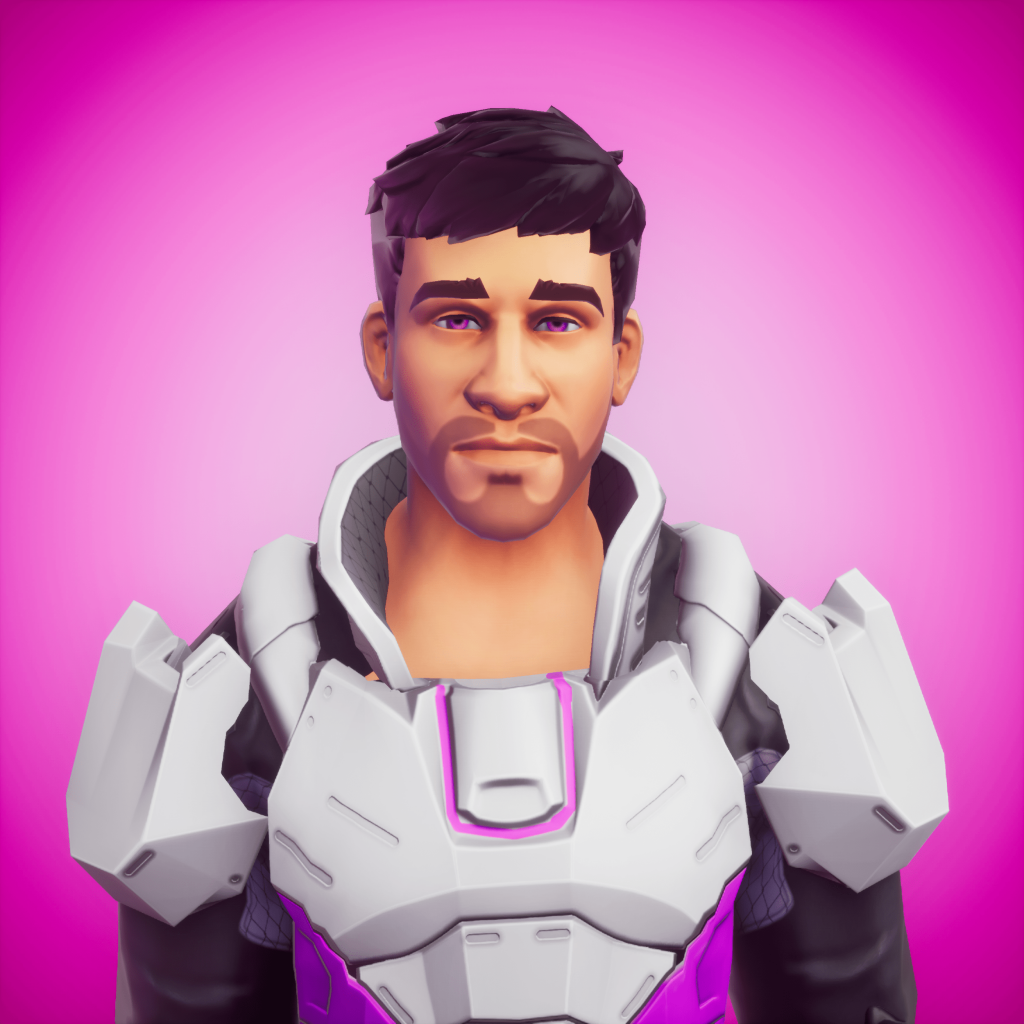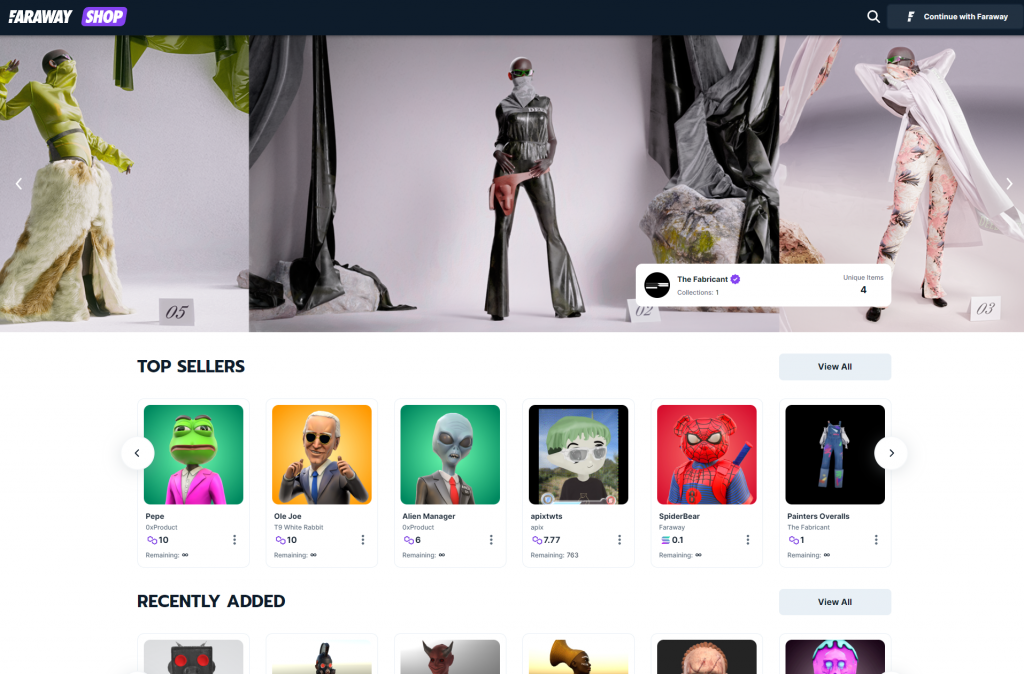How Faraway is creating a “decentralized Roblox”
US developer Faraway Games was one of the early developers to release on Solana, with browser-based PVP shooter Mini Royale: Nations in late 2021. Now more than two years later, not only has that game developed significantly, Faraway has also announced it’s co-developing city-building strategy game Serum City with Novel Labs. Moreover, the company is working with Yuga Labs on its Legends of the Mara, and most recently the partnership revealed the upcoming release of Dookey Dash Unclogged.
More particularly, the latest announcement will see Faraway integrate its creator platform to users of DDU, in addition to its current game portfolio. This is not only intended to enhance the interoperability of these assets, but also expand their utility which means greater opportunities for players and creators alike.
We got in touch with Faraway co-founder Alex Paley to find out more.
BlockchainGamer.biz: Collaborating with Yuga on DDU seems to be a step-up for Faraway and your creator tools. Can you tell us what new opportunities this provides for creators?

Alex Paley: Our Faraway Creator Suite allows creators to create an asset once and have that asset be usable in an ever-growing number of digital experiences – whether that’s a 3D avatar, vehicle, sticker or virtually any type of game-ready content.
We started with 3D avatars because we already have the audience reach to bring these to millions of users through our first party games as well as through our partner network. As a casual cross-platform F2P game, DDU can also bring massive additional scale to this as well. To support the DDU launch, we will be adding support for creators to upload and sell 3D vehicles and 2D stickers to players to use in DDU as well as other games in ours or partner ecosystems that will later support these asset types.
We believe that the interoperability of these items increases their value to players, which in turn improves the monetization opportunities for creators. When a creator uploads an item to our Creator Suite, they are automatically provided with a Creator Storefront on our Faraway Shop where all their items are listed for sale. Each of these items, once purchased by the player, is minted into an NFT that can be imported into any wallet or experience the player chooses.

When the creator sells an item, they receive up to 90% of the sales price from the sale and are paid instantly (and transparently) to the revenue collection wallet they specify in their Faraway account. This is quite different to the net-30 payments a creator would receive if creating content through another creator platform like Roblox or Steam Workshop.
Whereas other developers mainly focus on building games for gamers, why is enabling artists also important to you?
Our mission at Faraway is to build an ecosystem of interoperable content and experiences. In order to do this, we need to allow artists other than our own team to deploy content into this ecosystem or else it will never truly take off. So this means that we need to create a number of tools for creators and studios to make it very simple and straightforward to deploy content into this ecosystem and monetize that content effectively.
You can liken our mission to creating a “decentralized Roblox” of sorts.
Alex Paley
It’s important to note though that we still build games. We believe that in order to truly enable and provide value to artists, we need to create an ecosystem where the artist’s content has utility (whether visual or economic), and that means we need experiences to give utility to this content. At Faraway, we currently have 4 games announced:
- Mini Royale: Nations: made by Faraway and live since December 2021,
- Serum City: made in partnership with Novel Labs and releasing in the next few weeks,
- Dookey Dash Unclogged: made in partnership with Yuga and in development, and
- Legends of the Mara: Mobile: made in partnership with Yuga and in development.
So at minimum, the creator content will have interoperable utility in our own Faraway ecosystem’s games, but we are also continuing talks with other studios and ecosystems to enable the utility of our creator content in their experiences. ReadyPlayerMe is an example of one of those external ecosystems.
Some argue that gamers aren’t really bothered with digital ownership and interoperability, something you’ve put a lot of emphasis on. Why do you think this is important?
I think Roblox and Fortnite have both shown the value and importance of interoperability in a closed ecosystem – in both of those experiences, the player can take their avatar, banner image, gamer tag, etc. from mini-game to mini-game and that avatar, especially in Roblox, becomes that player’s identity. Imagine if your Roblox avatar was only usable in a single mini-game inside of Roblox – obviously this would be a lot less powerful and attractive to players and creators/sellers of that content.
What we are trying to do is allow people to take that identity outside of a closed ecosystem and into an ever-growing number of digital experiences. And we are using the blockchain in order to store that content so this ever-growing number of experiences can access and give utility to it without managing a huge number of centralized integrations.

You can liken our mission to creating a “decentralized Roblox” of sorts – this involves creating our own games as well as creating tools to empower creators to make their own content and games that are interoperable with our ecosystem in the future.
You provide generous earning opportunities with potentially 90% of revenue going to the creator/seller. How do you see this working in the long term?
I see Faraway turning into a platform that enables the creation and sale of interoperable content, while also providing ever-growing sources of utility for that content. And in order to incentivize creators to create content playable in our ecosystem, the lion’s share of the value must flow to the creator.
The advantage for us vs. other traditional game studios with creator economies is that we leverage smart contracts in order to facilitate all creator payments, so there is very little overhead on the payments side for us.

Comments are closed.